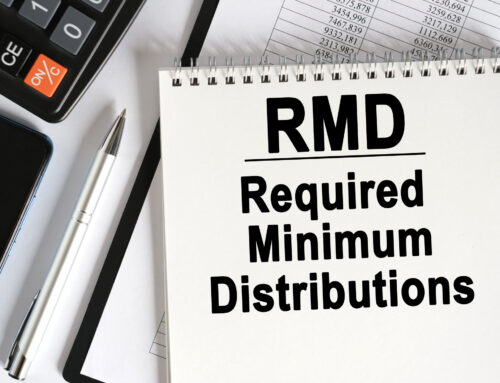
Planning for retirement involves more than just setting aside money in a retirement account. It’s a complex process that requires familiarity with various financial concepts and terms. To enhance your retirement planning strategy, it’s essential to acquaint yourself with some key terms. Here are three important concepts that you should be aware of:
- RMD (Required Minimum Distribution)
RMD refers to the minimum amount that you must withdraw from your retirement account each year, starting at a specific age determined by the IRS. Neglecting to take these distributions can result in significant penalties.
Understanding RMDs is crucial because it influences how you manage your retirement savings. Proper planning around RMDs can help you minimize taxes and ensure that your retirement funds last throughout your retirement years.
- Liquidity
Liquidity refers to the ease and speed with which an asset can be converted into cash without significantly affecting its value. Liquid assets are readily available for use, while non-liquid assets (such as real estate) may require time and effort to convert into cash.
Knowing the liquidity of your assets is essential for retirement planning as it impacts your ability to cover unexpected expenses and maintain financial stability during retirement. A balanced portfolio should include a mix of liquid and non-liquid assets to meet both short-term and long-term needs.
- Fiduciary
A fiduciary is a professional, such as a financial advisor or legal expert, who has a legal and ethical obligation to act in the best interests of their clients rather than for their own financial gain.
Engaging a fiduciary is crucial when seeking advice on retirement planning. Fiduciaries are bound to provide unbiased advice that aligns with your goals and interests, helping you make informed decisions and avoid conflicts of interest.
Retirement planning is a comprehensive process that extends beyond merely saving money. It involves understanding key financial concepts and working with professionals who prioritize your best interests. By familiarizing yourself with important terms, you can significantly enhance your retirement planning efforts. This knowledge will enable you to design a retirement plan that caters to your specific goals and aspirations, ensuring a comfortable and fulfilling retirement. That’s why it can help to consult a financial professional for a thorough review of your finances and personalized advice on your retirement strategy.









